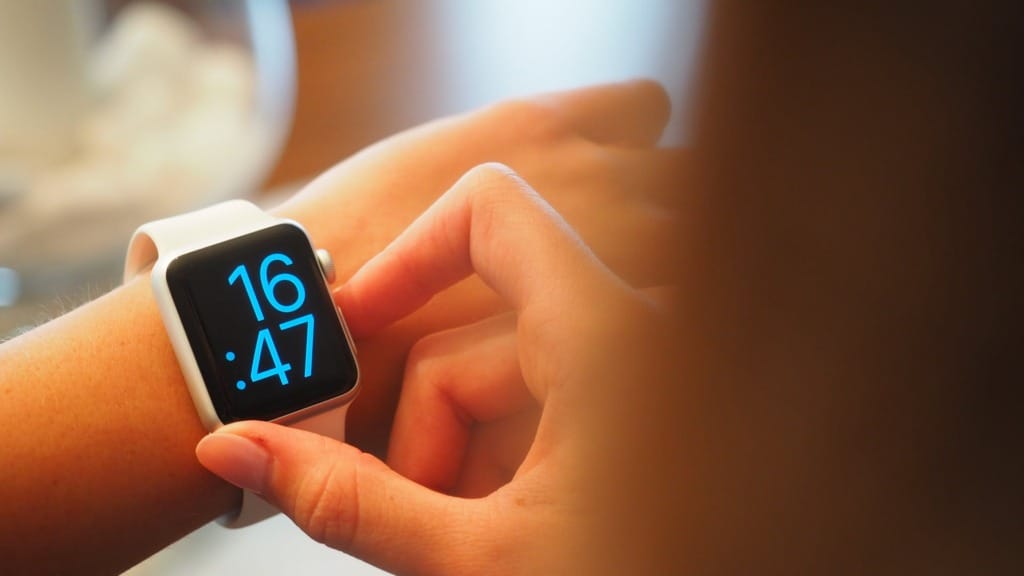Apple Watch ultra launch faces delay due to the cost of the microLED screen
The launch of the Apple Watch Ultra faces potential delay due to the high cost of microLED screens, posing challenges for Apple.

The highly anticipated release of the Apple Watch Ultra might hit a snag as reports suggest that its launch could be postponed due to the steep expenses associated with its microLED screen technology.
Table Of Content
Supply chain challenges delay launch
According to Times Now, sources within Apple’s supply chain indicate that the release of the Apple Watch Ultra, equipped with cutting-edge microLED screens, may not materialize until 2027 at the earliest. The primary hurdle appears to be Apple’s struggle to procure an adequate supply of microLED display panels at reasonable prices before the projected launch timeline. This delay could disappoint eager consumers eagerly awaiting the next iteration of Apple’s popular smartwatch.
Cost concerns and price hike
Comparing the costs, while the current OLED panels used in Apple Watches come at approximately US$40 per unit, the microLED panels are estimated to be nearly four times more expensive, standing at around US$150 each. This significant increase in manufacturing costs could potentially lead to a substantial price hike for the Apple Watch Ultra, making it less appealing to prospective customers. If the cost of production is transferred to consumers, it could potentially price out a significant portion of the market, impacting sales projections for the highly anticipated device.

Benefits of microLED technology
Despite the challenges, Apple’s decision to transition to microLED displays for its watches is rooted in the technology’s inherent advantages. MicroLED offers superior efficiency, a broader colour gamut, and brighter display capabilities than conventional OLED technology. This advancement in display technology aligns with Apple’s commitment to innovation and delivering cutting-edge products to its customers.
Earlier reports from Haitong International Securities analyst Jeff Pu and Bloomberg in early 2023 hinted at Apple’s plans to unveil a microLED-equipped Apple Watch by the end of the year. However, subsequent predictions from display analyst Ross Young and reports by TheElec suggested delays, pushing the potential launch date to 2027.
In conclusion, while microLED technology promises significant advancements in display quality, the current supply chain challenges and cost implications may pose obstacles to the timely release of the Apple Watch Ultra. Apple will need to navigate these challenges effectively to ensure the successful launch of its next-generation smartwatch.















